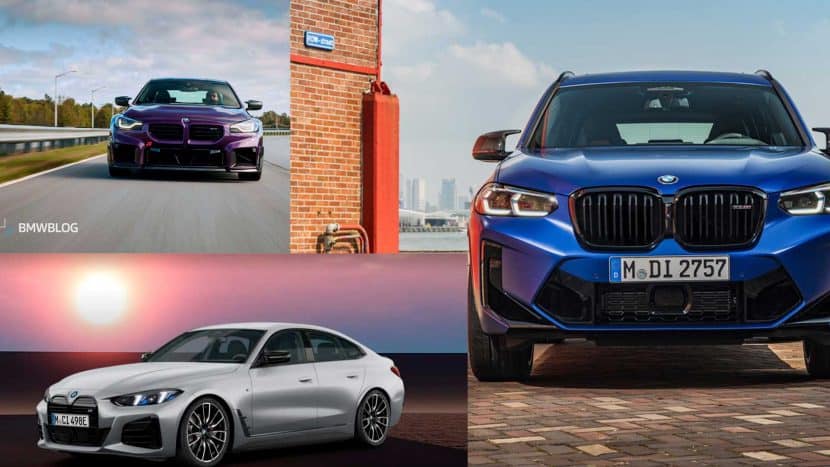We know that BMW is undergoing a significant transformation towards cleaner modes of transportation, which is changing the kind of cars it offers to its consumers. While the Munich-based automaker maintains its “Ultimate Driving Machine” heritage, how it delivers that iconic experience is evolving. For example, its product range has become more diversified, with petrol, diesel, plug-in hybrid, and all-electric models. This is part of the company’s “Power of Choice” strategy.
While this approach may cause consumer uncertainty, it has resulted in the production of some really interesting vehicles across the board, which we believe could become future classics. In this article, we are going to look at them.
BMW X3 M
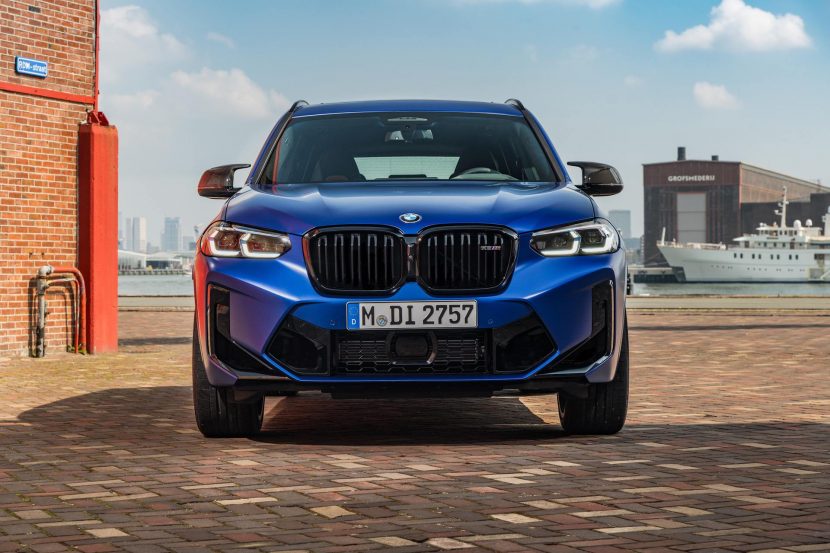
With the impending arrival of the Neue Klasse-based iX3, the X3 M is unlikely to get a successor. And that’s a shame, because the X3 M has been the M3’s practical and utilitarian counterpart. It featured the same S58 inline-six engine, which generated 473 horsepower in the standard X3 M and 503 horsepower in the X3 M Competition. The 0 to 60 miles per sprint took less than four seconds, and, in terms of handling, the X3 M defied its weight and size to provide an exceptionally entertaining ride.
Needless to say, we are going to remember the X3 M as one of BMW’s top performance SUVs of the combustion engine era.
BMW M2
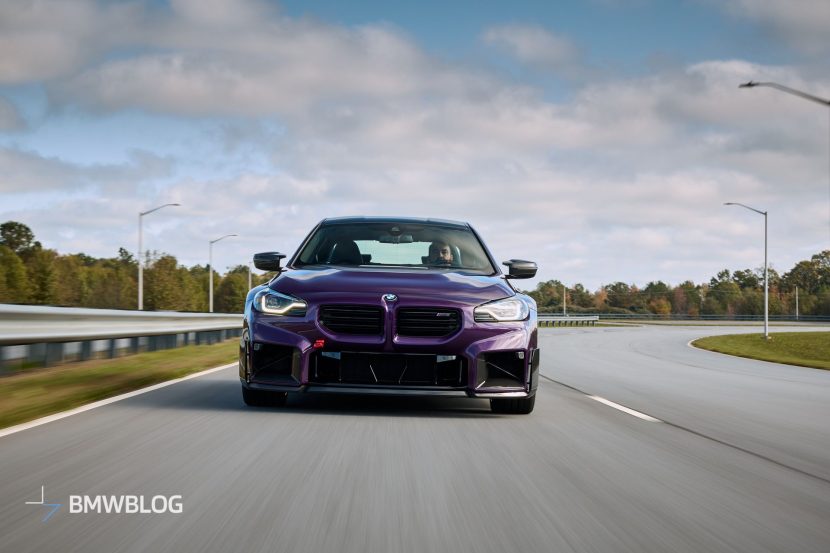
The list of future BMW classics would be incomplete without the M2. After all, the two-door coupe is arguably the most fun-to-drive vehicle BMW has produced in recent years, thanks to its agile dynamics, rear-wheel drive layout, and manual transmission. It also gets the same S58 power-plant as the X3 M.
Moving on, the list of accolades it has won is exhaustive, ranging from MotorTrend’s 2024 Performance Car of the Year title to Evo magazine’s 2020 Car of the Year award. If that weren’t enough, at $65,500, the M2 is not exactly out of reach for most premium buyers. But don’t wait too long to get your hands on the G87, because BMW is working on an all-wheel-drive variant, which could spell the end of the popular RWD-manual setup.
BMW XM
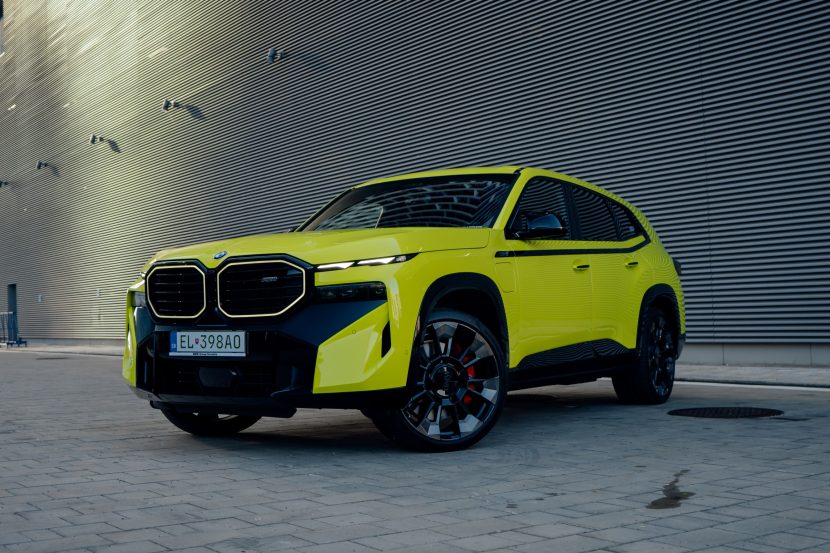
Okay, this one might be a stretch but hear me out. The BMW XM may not have been a commercial success, but it still has an important role to play in the brand’s heritage—it was M division’s first standalone model since the iconic M1, its first high-performance plug-in hybrid, and its most powerful vehicle. In fact, the XM’s performance has been nothing but impressive. The base variant produces 644 horsepower and 590 lb-ft of torque and goes from 0 to 60 mph in 4.1 seconds. Meanwhile, the XM Label produces 738 horsepower and 738 lb-ft of torque and accelerates from 0 to 60 mph in 3.6 seconds.
As yet, the XM’s styling is too contentious, and with the base model starting at $160,500 and the XM Label at $186,700, BMW got the pricing wrong. Hence, most luxury buyers never really warmed up to it.
BMW G90 M5
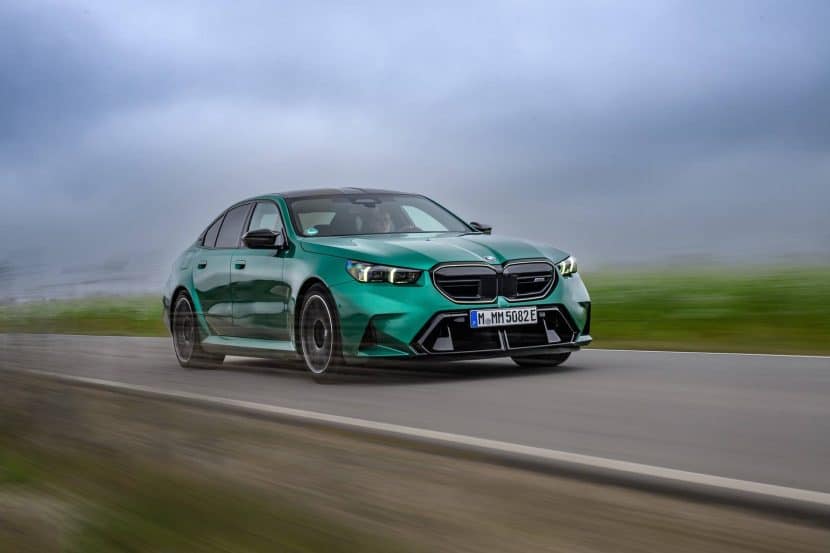
Maybe the G90 M5 can rectify the XM’s shortcomings? Unlike the XM, the M5 is more reasonably priced ($119,500), and its design is slightly less divisive. Its PHEV powertrain, on the other hand, is just as capable as the XM’s, producing 717 horsepower and enabling a 0 to 60 mph sprint of 3.4 seconds. Granted, some have complained about the G90 being substantially heavier than the F90, however, most M5 owners don’t track their cars, so they are unlikely to care about that much.
Ultimately, the M5 has been an engineering showcase for BMW, and the G90 has kept that positioning via its advanced electrified powertrain, sophisticated all-wheel system, and overall capabilities.
BMW i4 M50
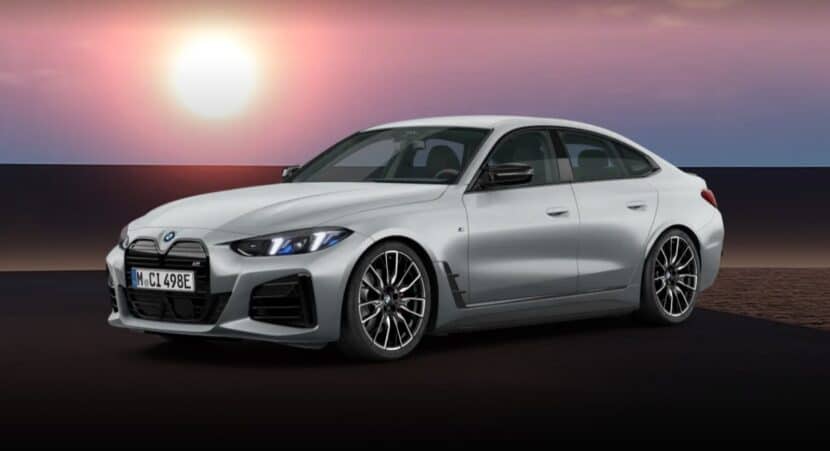
The hybridization of the M line-up is a stepping stone to all-electric vehicles, and that future is best reflected by the i4 M50. With its 536-horsepower battery pack and 0 to 60 mph time of 3.7 seconds, the i4 M50 has emerged as BMW M’s best-selling model in 2022 and 2023. Admittedly, the i4 has been the highest-ranked premium car in J.D. Power’s Electric Vehicle Experience (EVX) Ownership Study, so the M50’s success is not exactly surprising. But the point is that it has set the foundation for BMW’s first all-electric high-performance car, likely to arrive in 2027.
First published by https://www.bmwblog.com
Source: BMW BLOG
